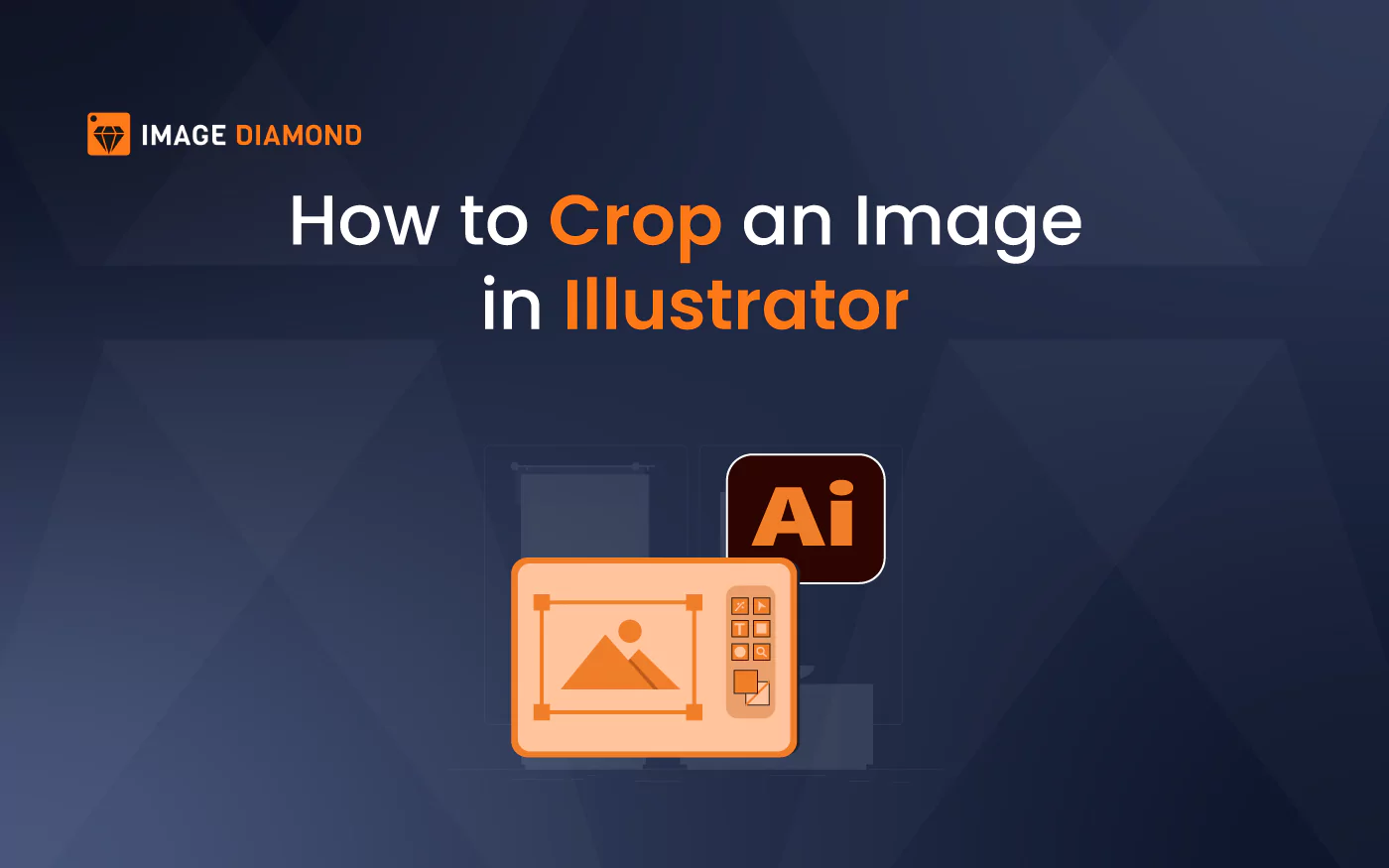
How to Crop an Image in Illustrator
Adobe Illustrator is a
powerful vector graphics editor that offers a variety of tools for creating and
manipulating images. One common task that many users encounter is cropping
images. Whether you’re designing a logo, creating marketing materials, or preparing
illustrations, knowing how to crop images effectively can enhance your workflow
and improve your final product. In this article, we will explore different
methods for cropping images in Illustrator, along with tips and best practices
to ensure you achieve the desired results.
Table of Contents
Understanding Image Types in Illustrator
Before diving into the
cropping techniques, it’s essential to understand the types of images you might
be working with in Illustrator:
- Embedded Images: These are images that are stored within the
Illustrator file itself. Once embedded, the image becomes part of the
document.
- Linked Images: These are images that are referenced from an
external file. They remain separate from the Illustrator document and can
be updated without affecting the original file.
Knowing whether your image
is embedded or linked will influence how you crop it and manage your files.
Basic Cropping Method
The most straightforward
way to crop an image in Illustrator is by using the Crop Image feature.
Here’s how to do it step-by-step:
Step-by-Step Guide
- Open Your Document: Launch Adobe Illustrator and open the
document containing the image you wish to crop.
- Select the Image: Use the Selection Tool (V) to click
on the image you want to crop.
- Access the Crop Tool:
- Click on the Crop Image button located
in the Control panel at the top of your workspace.
- Alternatively, navigate to Object >
Crop Image from the menu or right-click on the image and select Crop
Image.
- Adjust the Crop Area:
- A cropping box will appear around your image.
Drag the corner and edge handles to adjust the area you want to keep.
- For precise dimensions, enter specific values
in the Control panel.
- Apply the Crop: Once satisfied with your selection, click Apply
in the Control panel or press Enter (Windows) / Return (macOS). If you
wish to cancel, press Escape or select another tool.
Important Considerations
- Destructive Cropping: This method is destructive; once you crop an
image, any area outside of your selection will be permanently removed.
- File Management: If you’re working with linked images,
cropping will embed them into your document automatically. Be mindful of
this if you need to maintain links for future edits.
Alternative Cropping Techniques
While the basic cropping
method is effective, there are alternative techniques that offer more
flexibility and non-destructive options.
Clipping Masks
Clipping masks allow you
to hide parts of an image without permanently deleting any content. This
technique is particularly useful when you want to maintain flexibility in your
design.
How to Create a
Clipping Mask
- Create a Shape: Use any shape tool (Rectangle, Ellipse,
Polygon) to draw a shape over your image where you want to crop it.
- Select Both Objects: Hold down Shift and click on both the shape
and the image to select them together.
- Make Clipping Mask: Right-click on your selection and choose Make
Clipping Mask, or go to Object > Clipping Mask > Make.
Benefits of Clipping
Masks
- Non-Destructive Editing: You can easily adjust or remove the clipping
mask without losing any part of your original image.
- Versatile Shapes: You can use any shape as a mask, allowing
for creative designs that go beyond simple rectangular crops.
Using Artboards for Cropping
Another non-destructive
method involves adjusting artboard sizes. This technique is particularly useful
when preparing images for export.
Steps to Use Artboards
- Select Artboard Tool: Choose the Artboard Tool (Shift + O) from
the toolbar.
- Resize Artboard: Click and drag on the artboard handles or
enter specific dimensions in the Control panel to fit around your desired
crop area.
- Export with Artboard Options: When exporting your document (File >
Export > Export As), check "Use Artboards" to ensure only
content within the artboard is exported.
Comparison of Cropping Methods
|
Method |
Destructive |
Non-Destructive |
Best Use Cases |
|
Basic Crop |
Yes |
No |
Quick edits when
finalizing designs |
|
Clipping Masks |
No |
Yes |
Creative designs needing
flexibility |
|
Artboard Resizing |
No |
Yes |
Preparing images for
export |
Tips for Effective Cropping
To make sure your cropping
process is efficient and produces high-quality results, consider these tips:
1. Maintain Aspect
Ratio
When cropping images,
maintaining their aspect ratio is crucial for preventing distortion. Hold down
Shift while dragging corner handles during cropping or set specific dimensions
in the Control panel.
2. Use Guides
Utilize guides (View >
Guides > Show Guides) to help align your cropping area perfectly with other
elements in your design.
3. Preview Before
Applying
Always preview your crop
before applying it. This helps ensure that you're satisfied with what will be
kept and what will be removed.
4. Save Versions
If you're unsure about a
crop decision, save a version of your original file before making changes. This
allows you to revert back if needed.
Conclusion
Cropping images in Adobe
Illustrator can significantly enhance your design projects by allowing you to
focus on essential elements while removing unwanted areas. By mastering both
basic cropping methods and alternative techniques like clipping masks and artboard
resizing, you can maintain flexibility in your design process while achieving
professional results.
Remember that each method
has its pros and cons; understanding these will help you choose the right
approach based on your specific needs. With practice and experimentation,
you'll find yourself cropping images like a pro in no time!
By following this guide, you'll not only improve your skills but also create visually appealing designs that stand out in any project! Happy designing!


.png)




